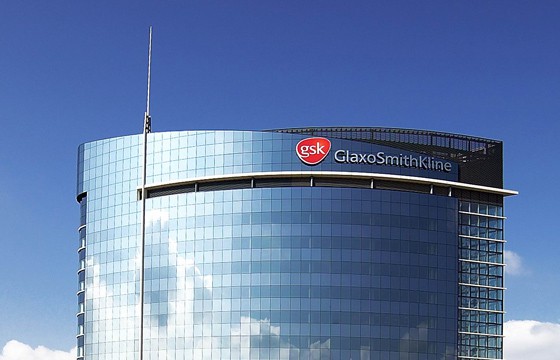
Prospects for GlaxoSmithKline’s coronary artery disease therapy darapladib have all but disappeared after it failed to show efficacy in a second phase III trial.
Top-line results from the SOLID-TIMI 52, which evaluated the efficacy of the lipoprotein-associated phospholipase A2 (Lp-PLA2) inhibitor in adults with acute coronary syndrome (ACS), showed that darapladib was unable to reduce coronary events compared to placebo. A similar finding was reported in the earlier STABILITY study.
Once tipped as having the potential to reach sales of several billion dollars a year, darapladib was one of the pipeline drugs that encouraged to GSK to take over Human Genome Sciences (HGS) for $3bn in 2012, and has been the subject of a massive clinical programme with 13,000 patients in the latest study.
While further analysis of the data is still being carried out, GSK’s president of pharma R&D Patrick Vallance confirmed the company would be unable to file for approval of the drug in patients with atherosclerosis.
The company may however be glad of any news that diverts attention away from the events unfolding in China, with reports now emerging that former GSK China general manager Mark Reilly has now been officially charged with bribery in the wake of the corruption investigation.
Thankfully for GSK the company has scored regulatory successes among most of the other late-stage projects it has been touting over the last 18 months, so it should be able to cope with the impact of darapladib’s demise.
There have been recent approvals for respiratory drugs Breo (fluticasone/vilanterol) and Anoro (umeclidinium/vilanterol), HIV therapy Tivicay (dolutegravir; sold by joint venture ViiV) and Tanzeum (albiglutide) for diabetes, as well as Tafinlar (dabrafenib) and Mekinist (trametinib) for melanoma.
Sells Treximet to Pernix
Meanwhile, GSK has sold off another brand as it reconfigures its product portfolio, this time handing over US rights to migraine therapy Treximet (sumatriptan/naproxen) to US company Pernix Therapeutics for $250m upfront plus milestones. Sales of the product were a little under $80m last year.
Last month GSK sold its cancer drugs business to Novartis for up to $16bn, while agreeing a contra arrangement to buy the bulk of Novartis’ vaccine operations for $7bn.




